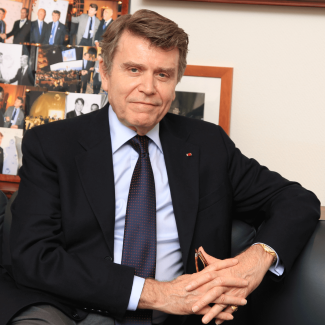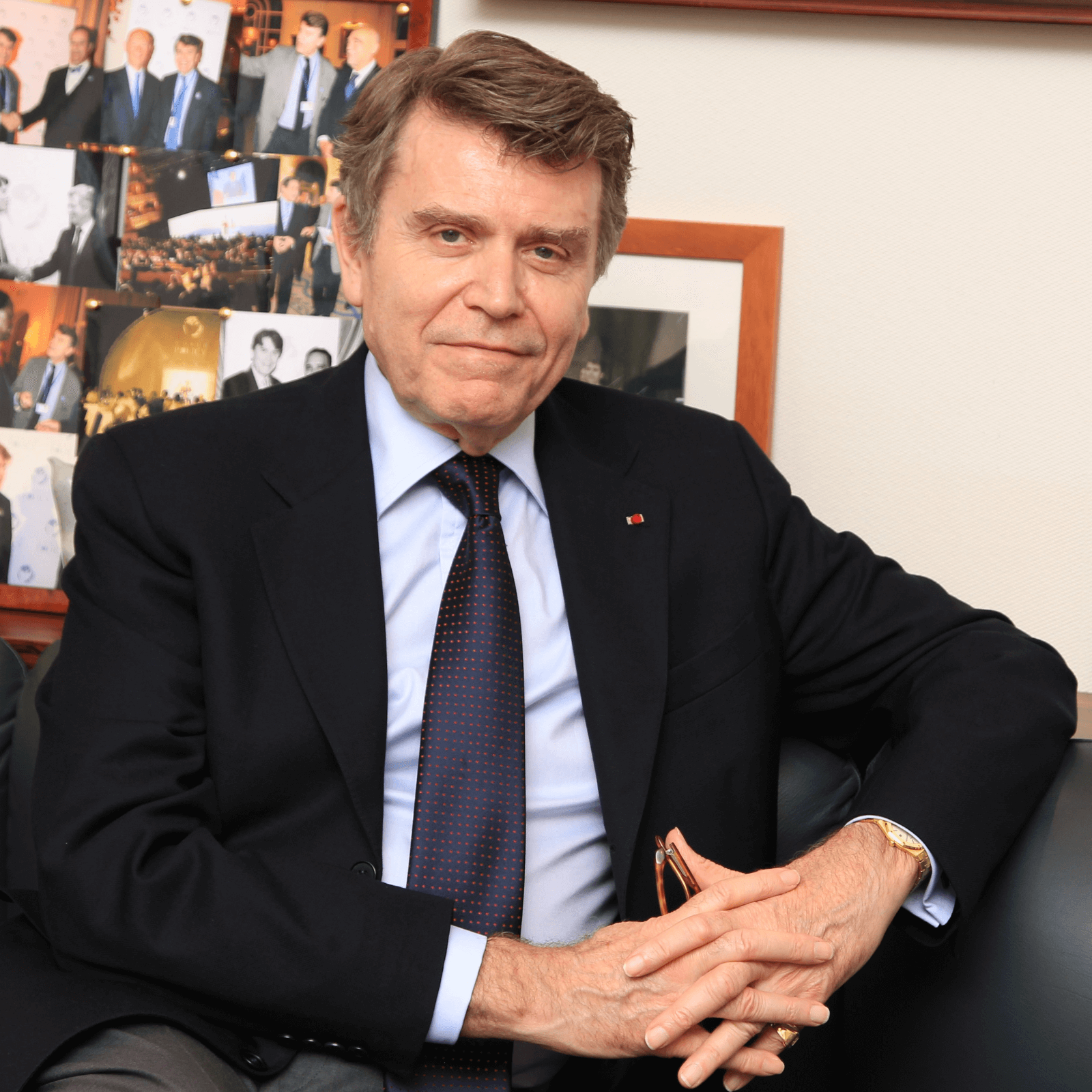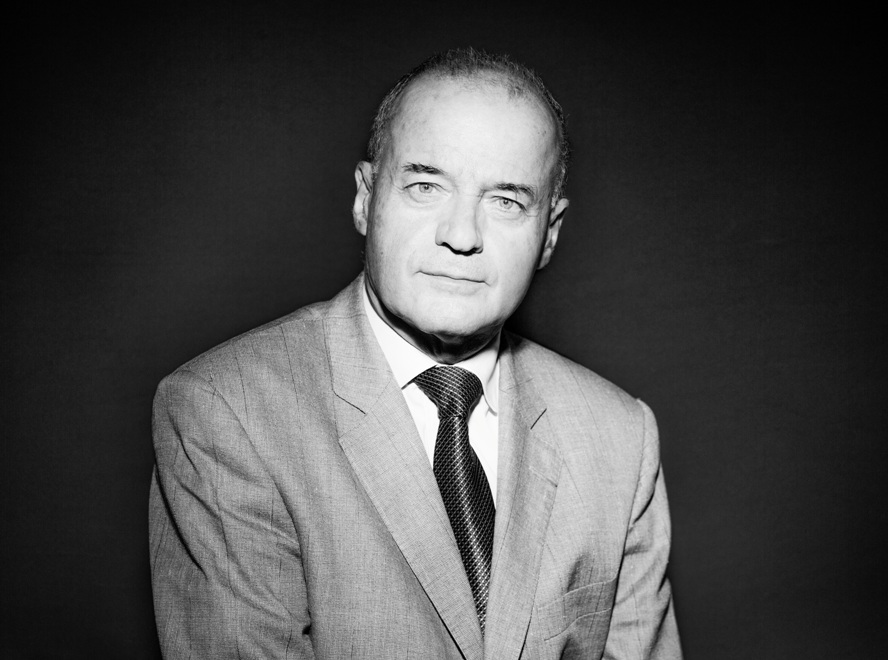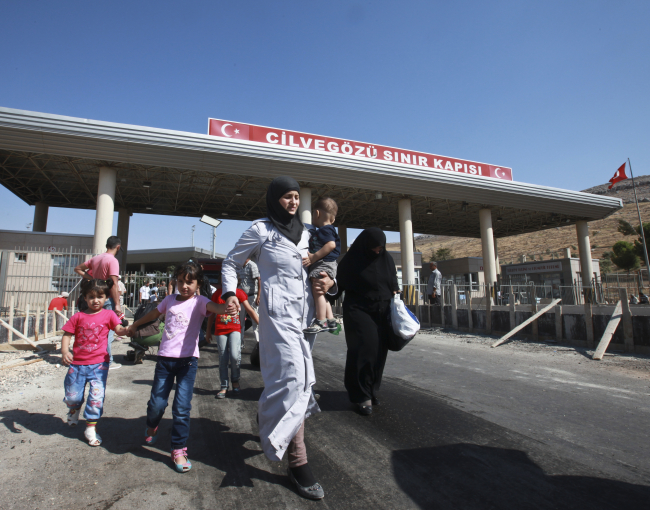RAMSES 2025. Between Powers and Powerlessness

Never before have there been so many powers able to upset the international balance of power, and never before have the dominant powers seemed so powerless to counter the fragmentation of the world.
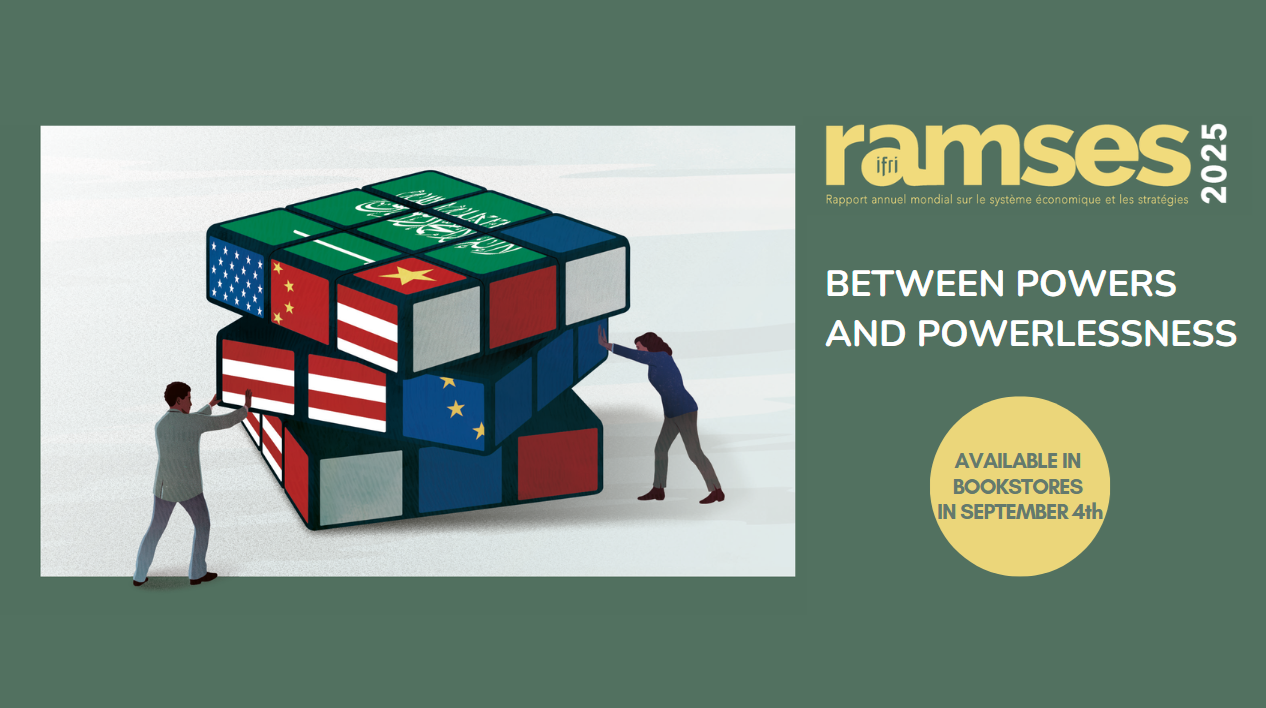
The Middle East: the recomposition announced decades ago seems further away than ever in the tangle of battles and influences: the United States, Iran, Saudi Arabia, Egypt, Turkey, even Russia, China or the Europeans – who could carry enough weight to help resolve an Israeli-Palestinian problem that has returned, in blood, to the forefront of the news? Who could help redraw the balance for regional peace?
The United States: dominant power, unquestionably; but how is its diplomatic, military, economic and cultural domination exercised? The disorder of the presidential campaign shows us a country in the throes of questioning its role in the world, hesitating about the areas of its commitment, and above all divided, uncertain about the stability and coherence of its own society...
The European Union: for its part, the EU is trying to put on a brave face, to reassure itself of its ability to meet the challenges that are piling up: the war in Ukraine, the economic slowdown, technological competition, the energy transition... But are its unity and its decisions equal to what lies ahead: the debate on enlargement, the recovery of Ukraine, the organization of security across the continent...?
Ramses 2025 characterizes this fundamental instability of the world, this fragmentation of strategic spaces, through three opening chapters: “Middle East: the never-ending recomposition”; “United States: the worrying empire”; “European Union: a frustrated destiny”; and through a global tour of upcoming crises and events: the Caucasus, Latin America, Asia-Pacific, New Caledonia, maritime flows, food issues, migration, the Olympics...

Available in:
Regions and themes
ISBN / ISSN
Share
Related centers and programs
Discover our other research centers and programsFind out more
Discover all our analysesRussia, the Palestinians and Gaza: Adjustments after October 7th
The Soviet Union (USSR), and subsequently the Russian Federation as its internationally recognized legal successor, has consistently sought to play a visible role in efforts to resolve the Israeli-Palestinian conflict.
Canada’s Recognition of a Palestinian State: What Consequences on its Foreign Policy Toward Palestine?
On September 21, 2025, Canada became the 148th of 157 countries to recognize Palestine as a state. It did this with the United Kingdom (UK) and Australia, defying the United States (US) and Israeli opposition.
How to Jumpstart Economic Recovery in Syria? The role of syrian entrepreneurs in Turkey
This report examines the potential role of Syrian-partnered companies operating in Türkiye in supporting economic recovery and reconstruction efforts in Syria. Based on data collected through field research and surveys conducted by the Economic Policy Research Foundation of Türkiye (TEPAV), the report provides an overview of the business characteristics, sectoral distribution, and cross-border economic activities of Syrian entrepreneurs. The report explores how this business activity could contribute to restoring supply chains, stimulating local production, and generating employment.
Indonesia and the Palestinian Cause
During his inaugural presidential speech on October 20, 2024, Indonesia’s incumbent president, Prabowo Subianto, iterated certain principles central to the philosophical foundation of the Indonesian nation. He noted Indonesia’s longstanding foreign policy of non-alignment or “bebas dan aktif” (free and active) and its aversion to military pacts.






